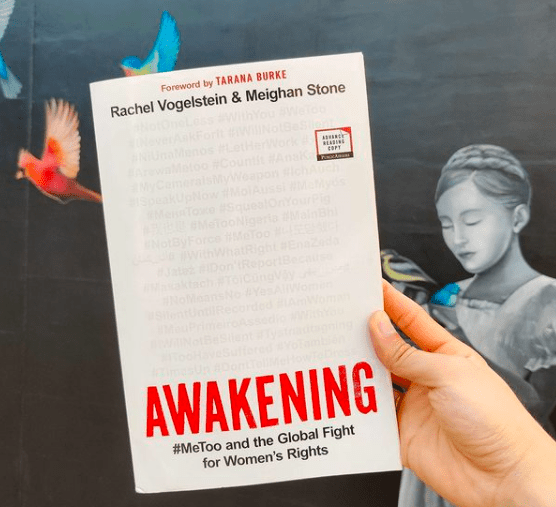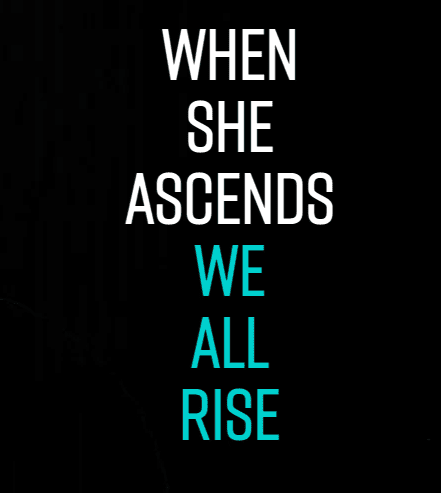It seems, in the feminist philanthropy community, everyone is waiting for that tipping point to come, when women’s leadership finally establishes its value to the world. COVID, it seems, is helping to accelerate our awareness of the added value of women’s leadership. By showing that countries led by women having strikingly better COVID survival and containment rates, we should finally be at that point where you could practically pour the product of women’s leadership into a bottle and sell it on the open market.

Well, think again. I have been on my own quest to establish the value of women’s leadership, particularly women’s leadership in philanthropy, over the past five years. I went in with the theory that feminist strategies are more powerful strategies, and once people get to know more about them, lots of folks would flock to our website and build up our subscriber base to the point where, eventually, it might even turn into a for-profit market product. Though fiscally sponsored by the Women’s Funding Network, our budget and strategy is built around the idea that only a small portion of our funding should come from grants, and that as our subscriber base grows, eventually, we could become attractive to a regular small business publication or larger progressive media platform.
Read More









